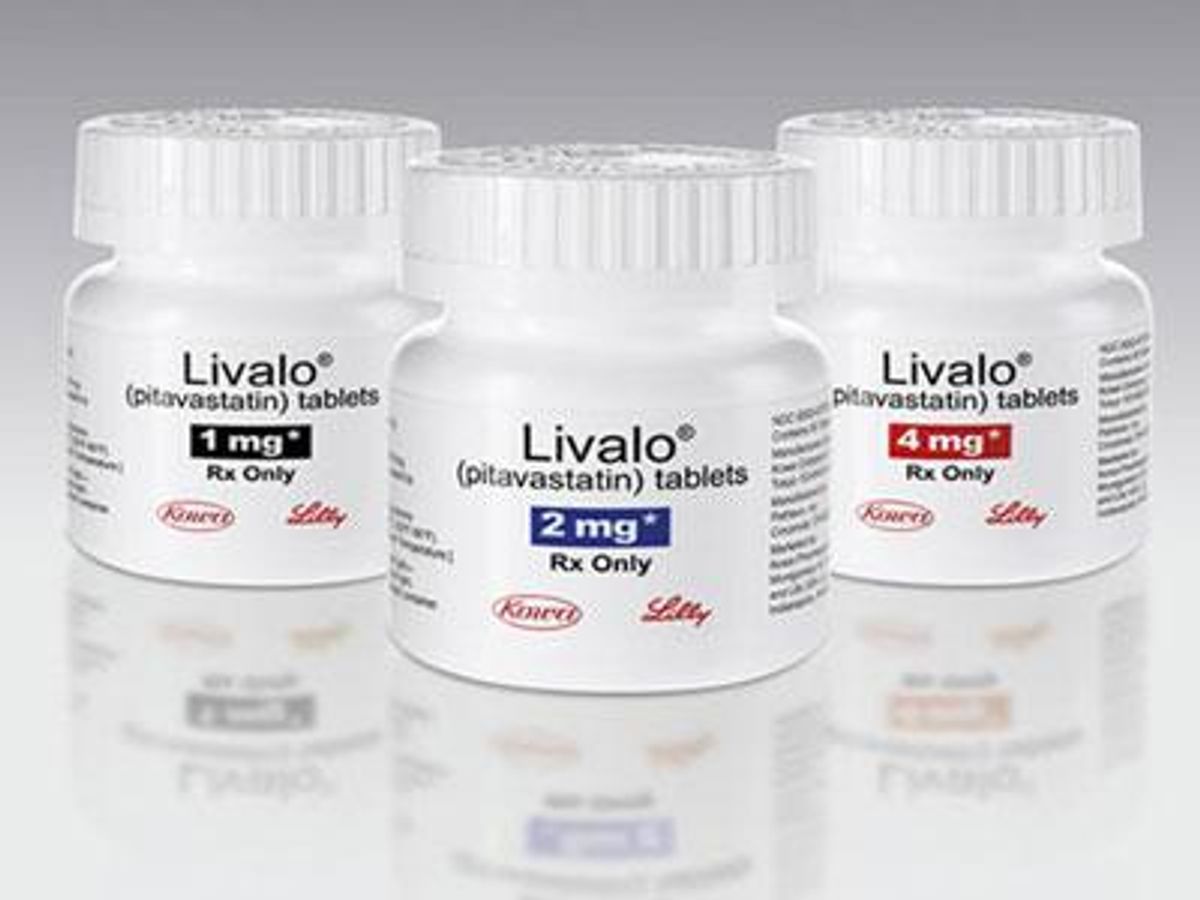For some people, lowering their cholesterol is not as easy as putting down the cheeseburger, and for people with HIV, getting their cholesterol count lowered is crucial to their overall health.
The drug pitavastatin, sold as Livalo, was found to significantly lower cholesterol in HIV-positive people, according to a study whose results were announced at a June conference. Cholesterol is a by-product of food that the body needs to function—it often derives from animal fats in meat and cheese—but it can be harmful in large quantities. An abnormal amount of cholesterol, a condition called dyslipidemia, is common among HIV-positive people. Dyslipidemia, along with glucose abnormalities, places those who are HIV-positive at elevated risk for cardiovascular disease, such as hardening of the arteries and heart attacks.
“Adults with HIV or AIDS may be at an increased risk for development of coronary heart disease due to many factors, including the effects of increasingly older age of patients with HIV and long-term exposure and side effects to antiretroviral therapies that can cause high cholesterol and other metabolic abnormalities,” Craig Sponseller, vice president of medical affairs for Livalo’s maker, Kowa Pharmaceuticals America, told HIV Plus.
Many people with HIV take cholesterol-lowering medications, often drugs called statins. But last year the Food and Drug Administration declared that statins taken with protease inhibitors—found in many HIV meds—increase the risk of muscle injury and could lead to kidney failure in some patients. While the recent findings on Livalo don’t mention its impact on muscle health, they do indicate the drug is a better bet for heart health in HIV-positive people than another statin, called pravastatin.
“Livalo provided significantly greater low-density lipoprotein reduction compared with pravastatin in HIV-infected adults with high cholesterol,” according to data presented by Kowa at the Endocrine Society's Annual Meeting last June. Low-density lipoproteins contribute to fat buildup in the arteries and are a risk factor for heart disease.
“Statins are often the first line of treatment for the management of dyslipidemia when therapeutic lifestyle changes are not effective in HIV-infected patients,” Judith Aberg, investigator on the Livalo study and director of virology at Bellevue Hospital Center, said in a statement. “These results may further physician education on statin use.”



































































